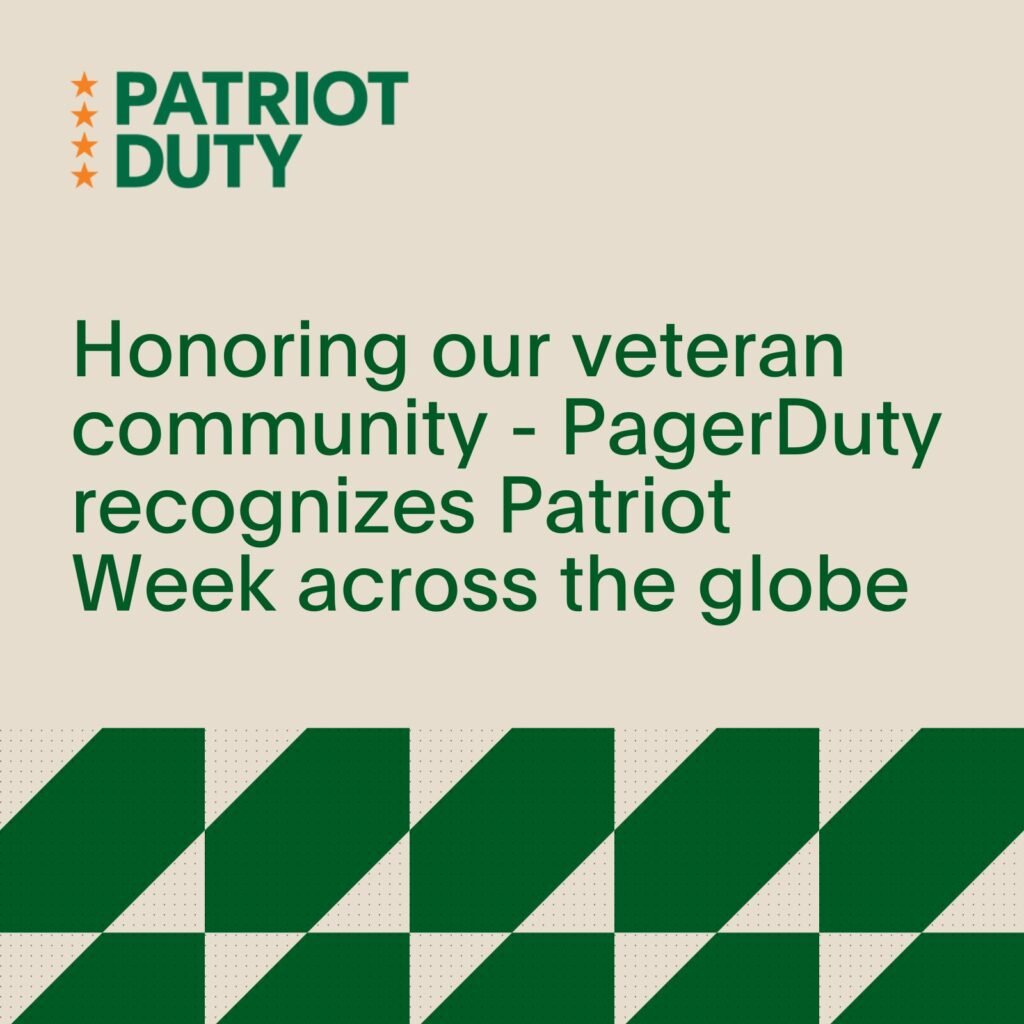Better Than ‘Business As Usual’: Rethinking How PagerDuty Works in a Post-COVID-19 World
Earlier this year, as COVID-19 appeared, our global community of almost 800 employees became a fully remote workforce—effectively overnight. Now, all of us have had a taste of what it’s like to work from home all the time, from embracing the benefits of less time commuting and more time with our families, to the downsides of feeling isolated and missing seeing our colleagues in “real life.”
Throughout the upheaval, one certainty has emerged: COVID-19 will have a permanent impact on our workplaces. It has been a challenging time, but as our CEO Jenn Tejada said, crises are also the perfect time for transformation. This is an opportunity for PagerDuty to completely reimagine the future workplace and to emerge even stronger on the other side of events.
When it comes to where we work, it’s obvious we won’t be going back to using office space in the same way. A lot of people are talking about the “future of the office,” and the model for what that might look like is being worked out by many organizations—PagerDuty included. But what isn’t being talked about as much as the where is the bigger picture of how we work. And that’s what we’ve turned our attention to here at PagerDuty.
People First
Our priority is and always has been the health and well-being of our employees, aka Dutonians. As we reimagine work, we want to continue to empower employees to be productive, engaged, and feel that they belong. This is core to PagerDuty’s values and beliefs. And we can only do this successfully by examining every aspect of how we work now and rethinking it for the future. So we’ve initiated a period of company-wide internal review and self-reflection sessions, but with a forward and outward orientation—and this means also keeping our customers top of mind.
It Starts at the Top
Starting with the senior leadership, we’re holding a series of focus groups to discuss what helps or hinders productivity in their teams when working distributed. We’re also carrying out PagerDuty Pulse employee surveys—where employees can share their thoughts surrounding remote work and how we can help them—and conducting external benchmarking to look at how other companies are navigating the future workplace.
We’re looking at several things, including:
- How we make decisions at work and how we ensure the right people are involved
- How communication works between teams and how we can collaborate better
- Whether our processes inadvertently hamper innovation
Crucially, we want to know if we are providing a level playing field for all our employees and how we can create greater equity.
Staying Connected While We’re Apart
Ultimately, the flow of information has been disrupted forever. For those who are used to working in an office, familiar human connection points like in-person meetings or impromptu chats were key to how we got things done. Now, new mechanisms for the flow of information are evolving as the location of work becomes more distributed. It’s vital that these new human connection points create a healthy, productive, and sustainable environment.
What’s Next
As we move forward, we need to be clear and committed to adapting to strong cultural norms in the new world. We need to first take time to consider our behaviors and habits, and how they will serve as the foundation of new mechanisms for work. This is important for how we support our employees, as well as ensuring we continue to Champion the Customer—which is another of our PagerDuty values. These values are core to how we operate, and they’ll be front of mind as we complete our review and as we announce our plans.
We believe we have an enormous opportunity with this initiative to help PagerDuty accelerate its growth and reach its full potential as a company. By empowering Dutonians to bring their best selves to work, regardless of their location, we can enable PagerDuty to exceed its goals and deliver on the commitments we made to our customers.
In future blogs, I’ll write about PagerDuty’s path to the future workplace, what we’ve learned along the way, and why being thoughtful in how we think about the next phase of the workplace is so important as we enter the next stage of our growth.


